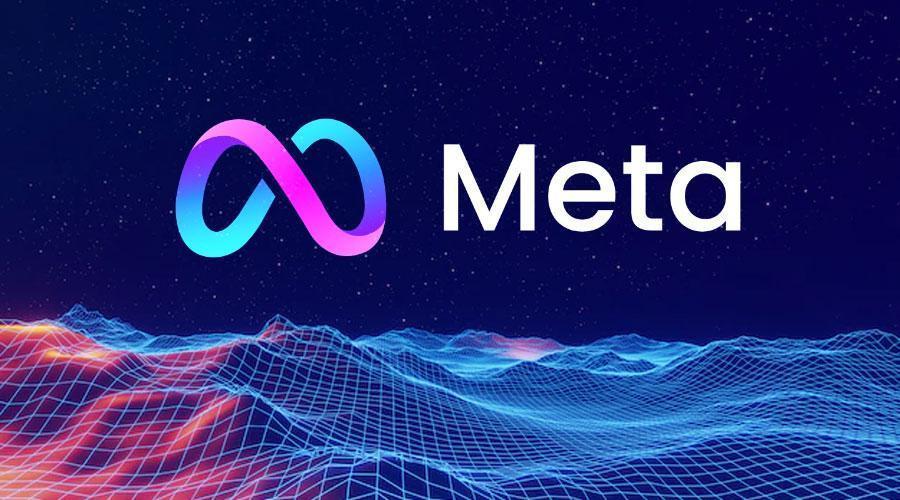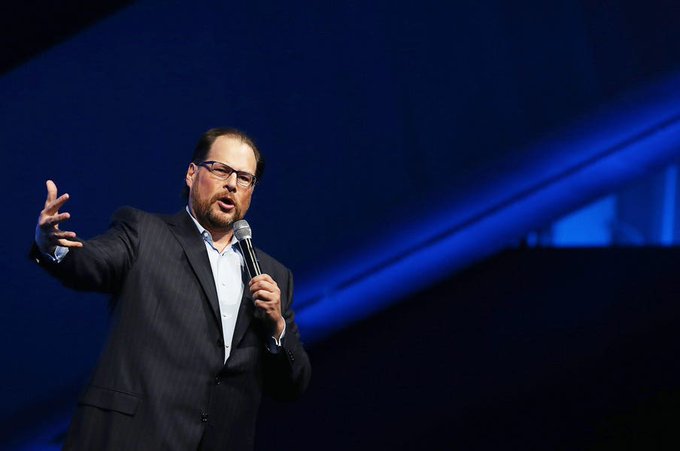With the recent AI frenzy sweeping across the tech space, Meta has released its own AI-powered music generator in a bid not to be outdone by Google, and, unlike Google, Meta made it available in open source.
Meta’s music-generating tool is called MusicGen, a demo which can be found here — can turn a text description (e.g. “An ’80s driving pop song with heavy drums and synth pads in the background”) into around 12 seconds of audio at best. MusicGen can optionally be “steered” with reference audio, such as an existing song, in which case it’ll try to follow both the description and melody.
According to Meta MusicGen was trained on 20,000 hours of music, which included 10,000 “high-quality” licensed music tracks and 390,000 only-instrument tracks from Shutterstock and Pond5, a large stock media library. The code used to train the AI model hasn’t been provided by the Meta yet, but available pre-trained models have been made public for anyone with the right hardware. Mainly a GPU with around 16GB of memory can run the code.
Also, see: Instagram Notes Now allows you to share music and view translations
So how does MusicGen fare? Well, I’d say — though not well enough to throw human musicians out of work. Its compositions are pretty melodic, at least for basic cues like “ambient chiptunes music,” and — to my ears — on par (if not slightly better) than the results from Google’s AI music generator, MusicLM. They will, however, not win any accolades.
Here is the MusicGen output for “jazzy elevator music”:
Here’s another MusicGen sample:
Clearly, generative music is improving (see Riffusion, Dance Diffusion, and OpenAI’s Jukebox). However, fundamental ethical and legal difficulties have yet to be resolved. MusicGen, for example, “learns” from existing music to produce comparable effects, which is something that not all musicians — or generative AI users — are comfortable with.
Also, see: In Q1 2024, Google will disable third-party cookies for 1% of Chrome users
Homemade tunes that use generative AI to construct familiar sounds that can be passed off as legitimate, or at least similar enough, are becoming increasingly popular. Music companies were eager to flag them to streaming partners, claiming intellectual property concerns – and they were mostly successful. However, it is unclear whether “deepfake” music breaches the copyright of artists, labels, and other rights holders.
It may not be long until there is some guidance on the subject. Several litigations currently pending in court will almost certainly have an impact on music-generating AI, including one involving the rights of musicians whose material is used to train AI systems without their knowledge or agreement.
Meta, for its part, argues that all of the music MusicGen was trained on was “covered by legal agreements with the right holders,” including a deal with Shutterstock.



















